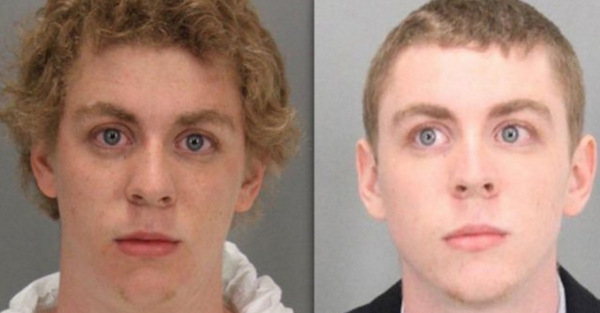A jury found the former Stanford swimmer Brock Turner guilty of sexually assaulting an unconscious woman on the university campus and he was sentenced to just six months in jail.
According to Business Insider, Turner is being released after just three months for "good behavior," in early September.
The 20-year-old athlete could have gotten up to 14 years in jail, but the prosecution asked for six. Santa Clara Superior Court Judge Aaron Persky settled on six months.
The judge apparently believed Turner's side of the story — the unconscious victim had agreed to have sex with him. The information is contained in a court transcript that can be read in full on the Guardian.
"I mean, I take him at his word that, subjectively, that's his version of events. The jury, obviously, found it to be not the sequence of events. Our criminal justice system relies on juries to evaluate facts - that's why we have 12 people doing it - and to come to very difficult decisions about very specific factual incidents."
The judge also says that the fact that Turner was drunk when he committed the crime was a mitigating circumstance.
"I have also considered the fact that he was legally intoxicated at the time of the incident. Pursuant to the evidence at trial, this does affect judgment. And as I indicated previously, it's not an - and, I think, as [Jane] wrote - it's not on excuse. But it is a factor. And I think it is a factor that, when trying to assess moral culpability in this situation, is mitigating."
The judge also seems to use the victim's words against her, when he notes that she wrote: The damage is done. No one can undo it. According to the transcript, the judge responded:
"So, as she writes, the damage is done. ... And my tentative decision is to grant probation, as recommended by the Adult Probation Department, with the defendant to serve six months in county jail and to comply with the recommendations of probation as contained in the report, as will be slightly modified."
As a result of his ruling, Persky has created a wave of anger inside and outside of law enforcement circles. He voluntarily moved to civil court in late August.
